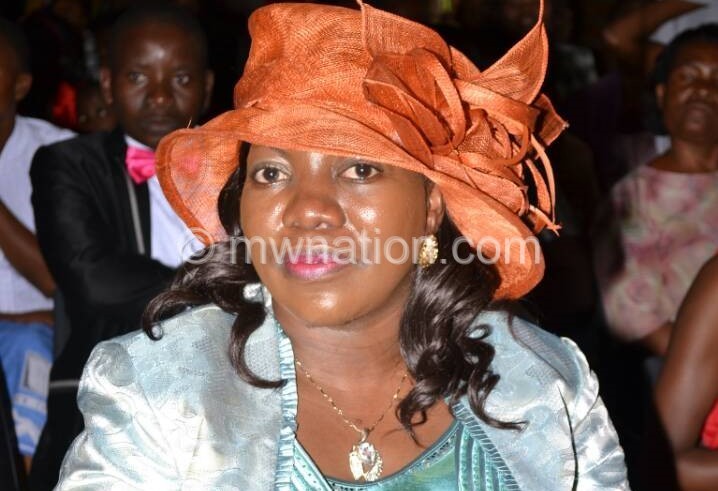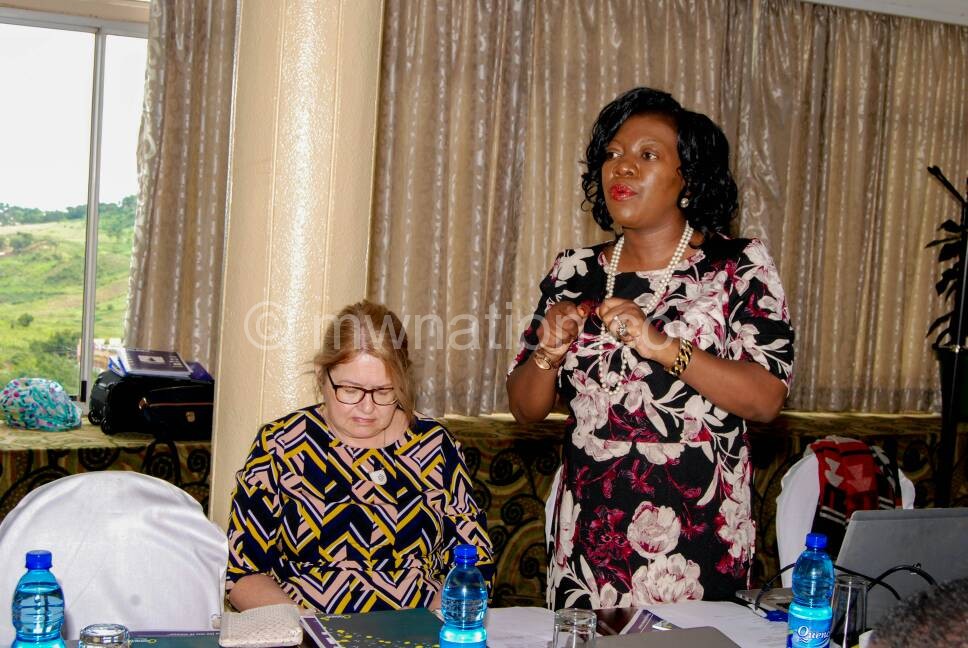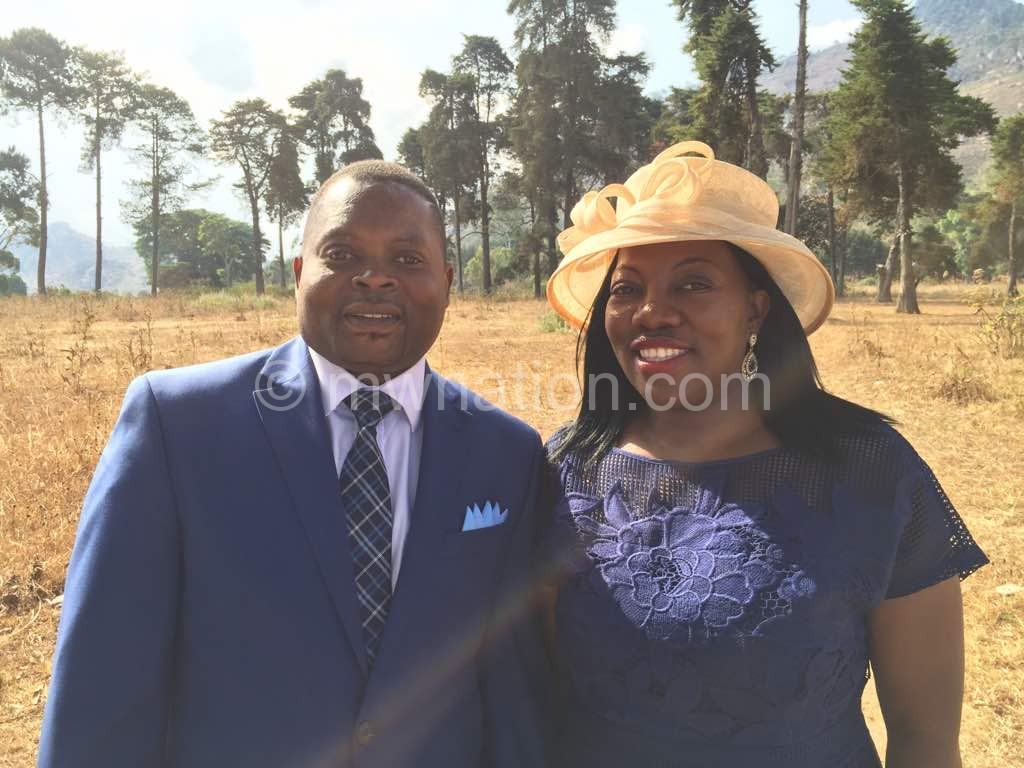Maggie Banda: Wolrec founder and director
Born on 15 March 1975 in Mulanje, the advent of Maggie Kathewera-Banda’s work in women’s rights advocacy can be traced back to her days of working with Women and Law in Southern Africa (WLSA).
Now founder and executive director of Women’s Legal Resource Centre (Wolrec), a women’s rights non-governmental organisation (NGO) based in Blantyre, Maggie could best be described as a determined person who always aims to achieve the impossibilities.

“At WLSA, I came to learn about the inequalities that exist between men and women in our society and I became interested in lobbying for improvements in women’s lives. Because I have also undertaken research in a number of areas, I have knowledge on such inequalities, so that gives me the drive to go on.
“To become an activist, one needs to identify an issue and recognise it as a problem otherwise you can’t fight for change. You also need to identify who has the power to change the situation and, therefore, engage the same to change things,” Maggie explains.
She says that for instance, one of the issues they recognised is that women experience violence and that it is due to power imbalance between men and women that the violence escalates. As such, Wolrec works with men to deconstruct negative masculinity.
Given that the organisation is working to ensure that the rights of women are not hampered, Kathewera-Banda owns up to the fact that progress will not just come on its own, but that women have to work for it both as individuals and collectively.

“Women are able, but many need to be given the space to deliver and they need to support one another. Secondly, as women, we need to learn to demand fulfillment of our rights by duty bearers because sometimes progress is hindered by unfair laws, policies and practices by people who are duty bearers. For instance in pressing for progress for women’s participation in decision making, women need to demand laws that will promote their participation in such arenas,” she points out.
Apart from that, she notes that duty bearers, government being the principal duty bearer, have a major role to ensure the progress of its women citizenry.
“It means that they need to put resources into programmes that will help women to progress. They need to ensure that women contribute to the decisions of the country. They also need to make certain that laws are working for women,” she adds.
In addition to fighting for the rights of women, the organisation has also been working on empowering the women economically.
“Through the economic empowerment project we have seen women doing businesses and getting the much needed income for their survival. We have been providing legal assistance to women to use the law to fight injustice. We have also been building the capacity of women to know their rights and demand the same from duty bearers,” she explains.
The organisation’s plan is to reach out to more than the 11 districts which they are currently operating in. That to her, also means that Wolrec needs to diversify and increase its funding.
“We would want to have our own offices which will provide a more conducive environment to women that benefit from our services,” she says.
The women’s rights advocate was born to Allan and Ellinah Chipasula in Mulanje where her mother was
teaching at Providence Secondary School while her father had gone to Canada to pursue his master’s degree.
They moved to Blantyre when she was two years old, and that is where she spent most of her younger years.
While some people would say girls are difficult to raise and that they cannot make it in life, Maggie says her parents always believed in her and her five siblings.
“They created a very empowering environment in the home. They also took us to places so that we were exposed. Also, my father and mother instilled in us confidence to believe that we can achieve anything in life,” says the mother of four.
Maggie holds a Bachelor’s Degree in Social Science with credit, obtained from University of Malawi’s Chancellor College in 1997. She also has a post-graduate certificate in non-Governmental organisation management from University of London attained in 2012. In addition, she has attended several professional trainings in gender and human rights among others.
She is currently winding up her studies for a master’s degree in development studies with Cavendish University, Zambia.
As much as she can best be described as a person with a vision or focus, and one who is not discouraged by the negative energy bent towards her, she acknowledges that she has been able to accomplish what she has so far only because of the grace of God.
“It is Him who gives me the drive to move on despite the challenges,” she says.
She is a mother of four children 14 year old Shalom; Shekina, 11; six year old Shammah, and the last one, Shimon is two. She is married to Bishop Kondwani Kathewera-Banda, who she says encourages her a lot in her work. They will celebrate their 15th anniversary this year.





